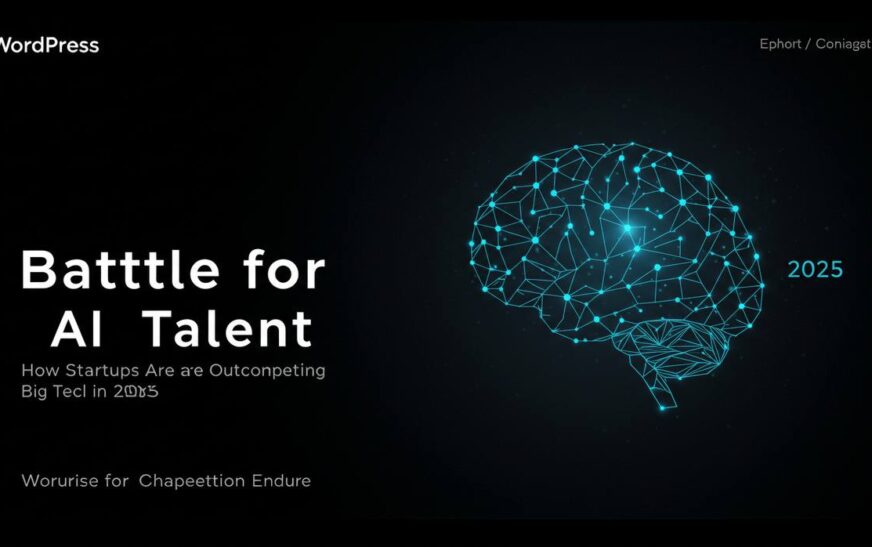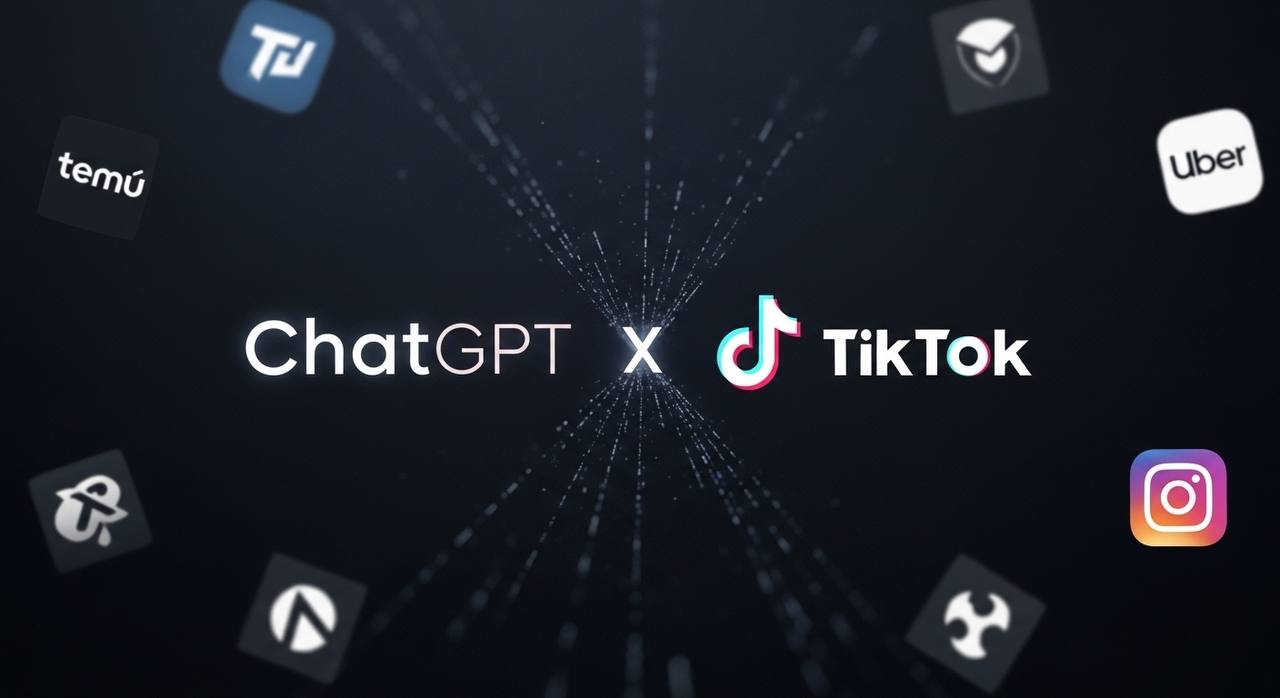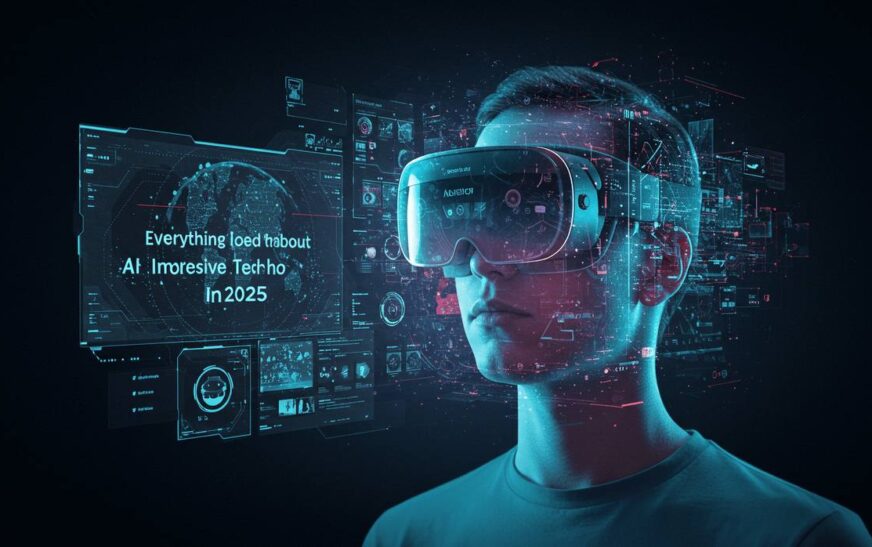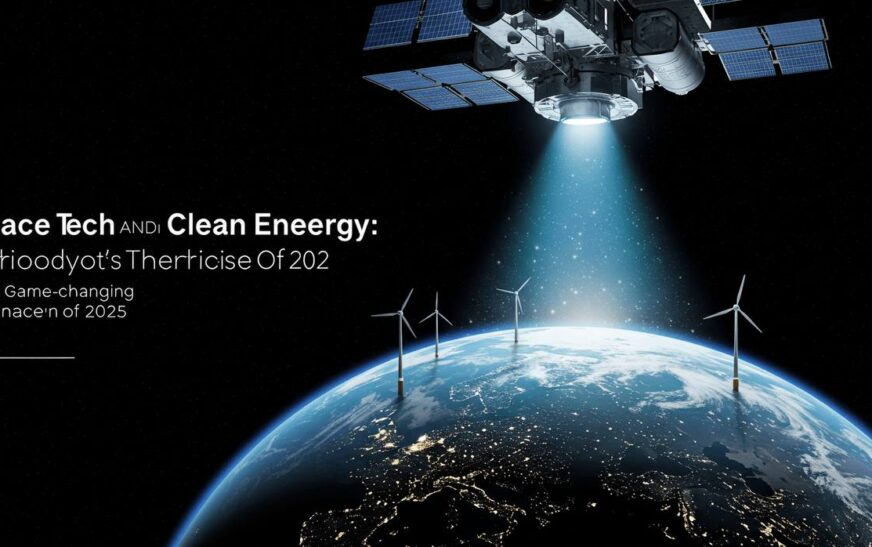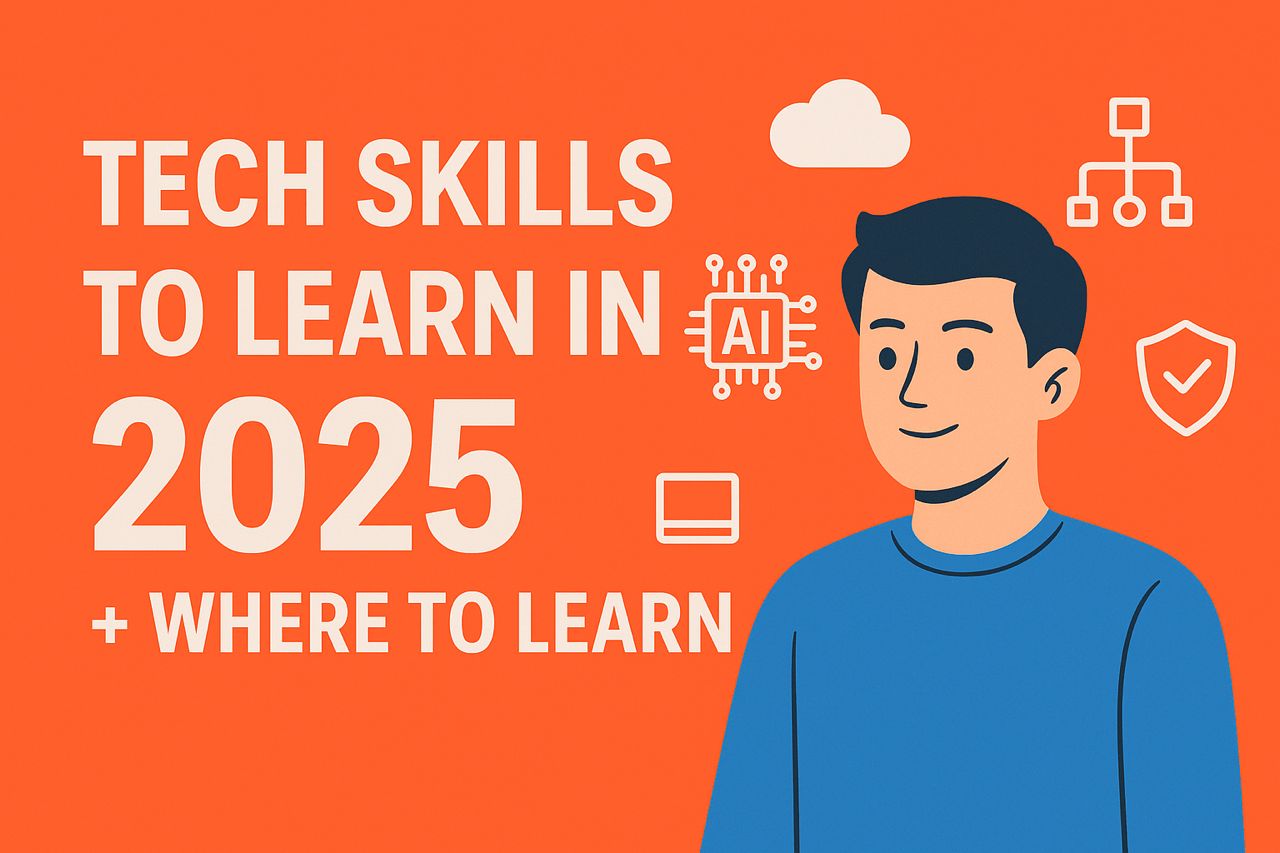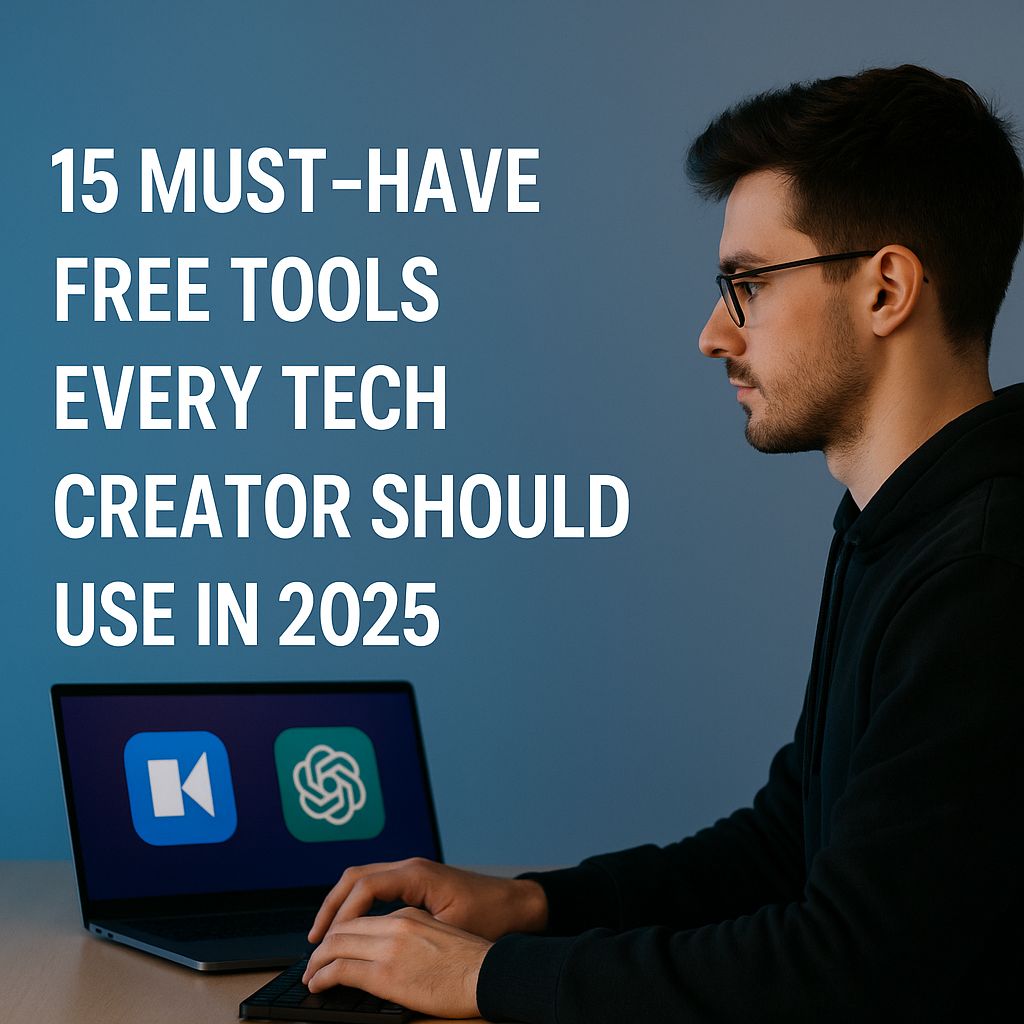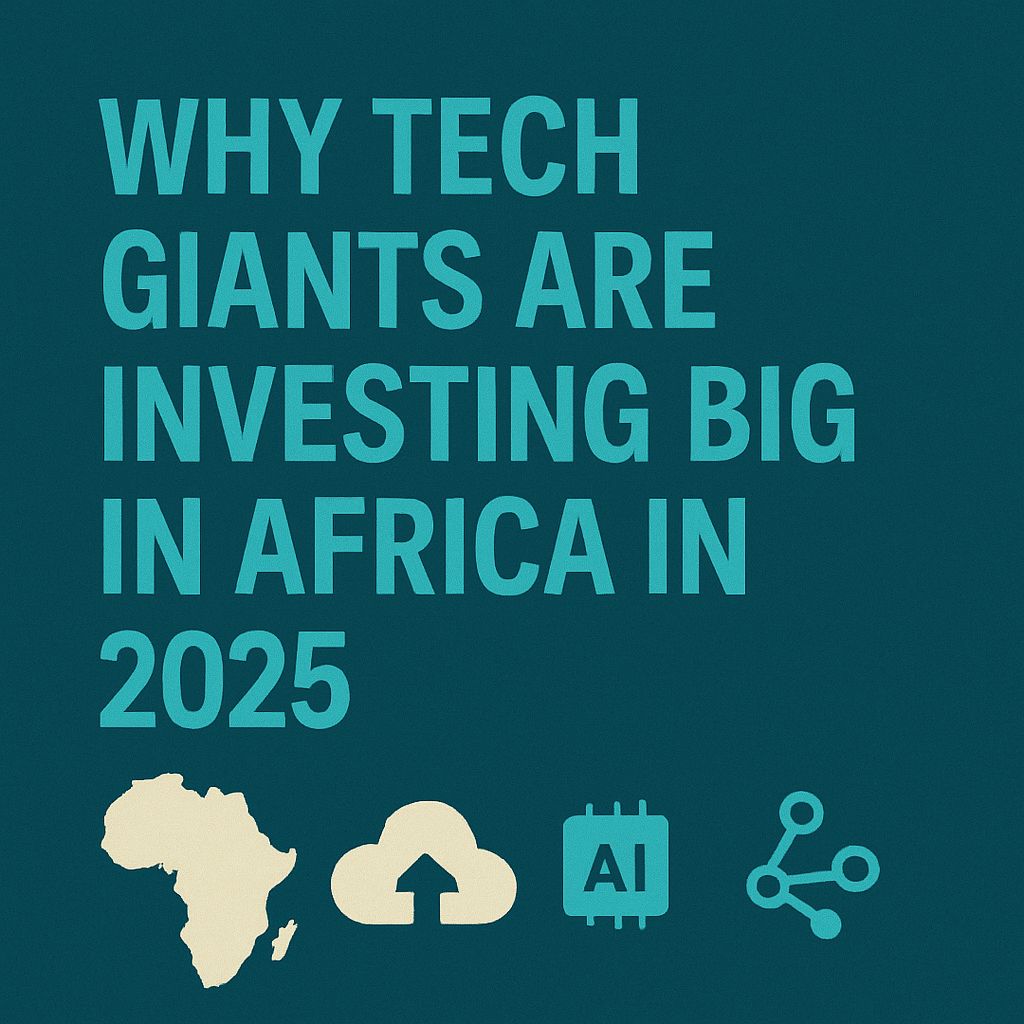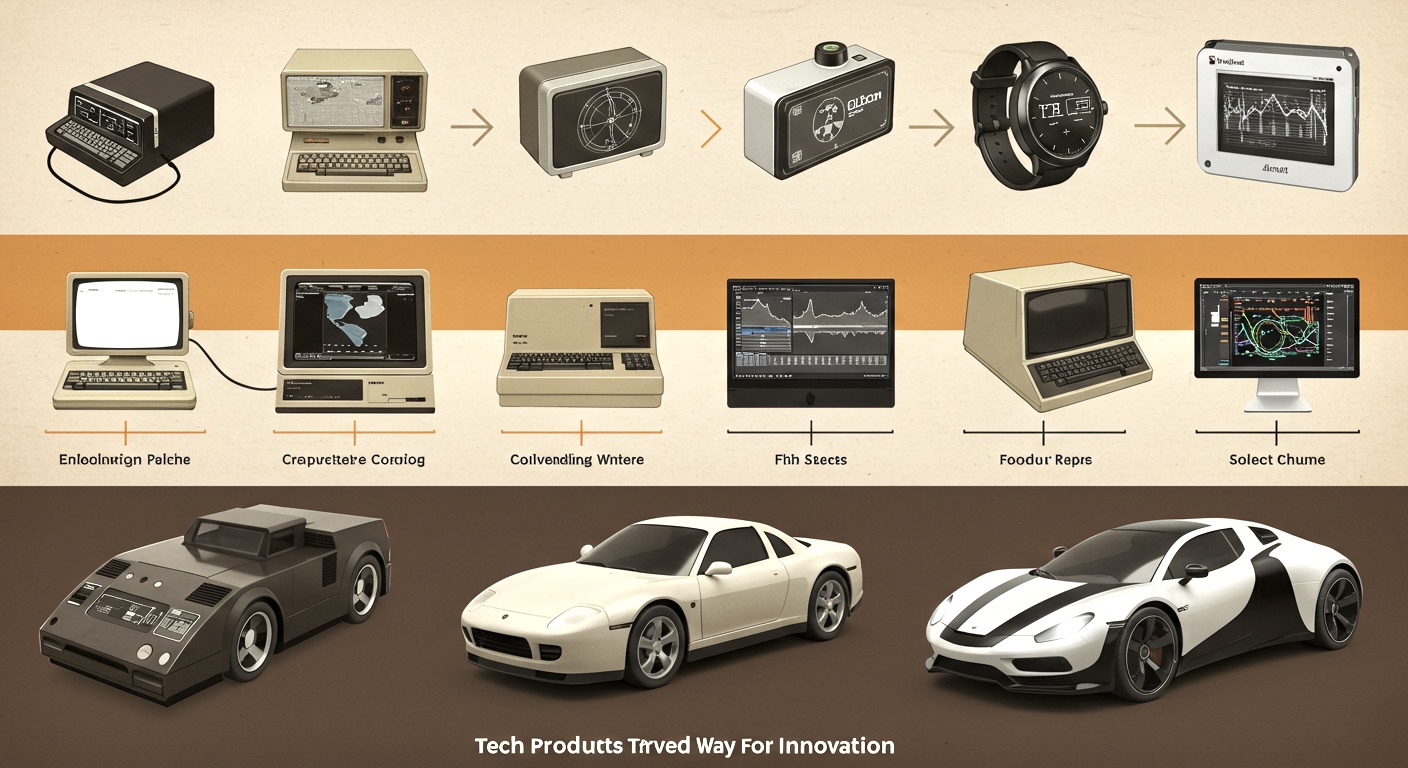The Battle for AI Talent Has Never Been Fiercer
AI is transforming every industry—from enterprise software and healthcare to entertainment and logistics. But despite rapid progress in tools and models, one challenge continues to define 2025: the war for AI talent.
And surprisingly, it’s not Google or Meta leading the charge.
It’s startups—lean, fast-moving teams that are outcompeting Big Tech in attracting the best AI talent.
Why Startups Are Winning the AI Talent Game
1. Equity Over Salary: Ownership Matters to AI Talent
While tech giants offer six-figure salaries and perks, today’s top AI talent wants impact, autonomy, and ownership.
Startups give engineers and researchers a seat at the table—with co-founder-level equity and decision-making power. They offer the ability to lead, not follow.
Take Etched, the AI chip startup that raised $120M in 2025. Instead of optimizing existing infrastructure at Big Tech, top-tier chip engineers chose Etched to own core innovation—and it’s paying off.
2. Speed and Freedom Attract Top AI Talent
One of the biggest reasons AI engineers are leaving Big Tech is speed.
Startups let AI talent ship models, test agents, and push updates in days—not quarters. The feedback loop is short, the pace is intense, and experimentation is encouraged.
A founding engineer at Artisan AI, a fast-growing AI agent startup, said:
“I didn’t leave Google because I was unhappy—I left because my ideas died in committee.”
That kind of freedom is magnetic to AI talent who thrive on creativity and iteration.
3. From Research to Product: The Dream for AI Talent
More AI researchers want to see their work come alive in real-world applications. Startups are giving them the full runway—from R&D to product.
For example:
- UnifyAI allows engineers to build and deploy workflow agents without infrastructure support.
- Adept AI, founded by ex-Google Brain researchers, bridges research and product to replace manual work.
This end-to-end journey is exactly what modern AI talent craves.

Power Shifts in the Global AI Talent Market
Historically, Big Tech had a monopoly on AI hires. They funded academic research, trained foundation models, and outbid startups.
But now, in 2025:
- Startups offer meaningful roles that AI talent can shape.
- Remote-first hiring lets them attract talent from Lagos to London.
- Open-source models and APIs level the playing field for compute and experimentation.
Big Tech still has money. But AI talent is increasingly choosing meaning, speed, and influence—and that favors startups.
Real Case Study: Artisan AI’s Talent Magnetism
Artisan AI is shaking up the hiring space with its bold “stop hiring humans” message. Their team—composed of ex-Googlers, open-source builders, and researchers—wants to reinvent work using AI agents.
They’re not just hiring developers. They’re attracting AI talent that wants to shape how knowledge work functions in a post-LLM world.
Their key advantage:
- No red tape
- No endless meetings
- Real shipping power and influence
How Startups Are Actively Attracting Top AI Talent
1. Building in Public
Top startups showcase experiments, demos, and features daily on GitHub and X (Twitter). This transparency appeals to AI talent who want visible, fast-moving innovation—not siloed R&D.
2. Flexible, Experimental Cultures
Startups often provide:
- Research sabbaticals
- Access to GPUs and MLOps stacks
- Side project freedom
- Co-founder roles for senior AI hires
That kind of culture is priceless for curious, inventive minds.
3. Alumni and Peer Networks
Startups run by ex-FAANG engineers have serious recruiting power. Their networks are filled with frustrated AI talent stuck in bureaucracy—and many are ready to jump.

What This Means for the Future of AI Talent
If startups continue to offer freedom, ownership, and creative space, they’ll keep pulling ahead in the AI talent race.
We may soon see:
- The next GPT‑level breakthrough born in a startup lab
- AI agents replacing layers of middle management
- Open research outpacing closed-lab innovation
Big Tech has infrastructure. Startups have culture.
And in 2025, culture is what wins AI talent.
Final Thoughts: The Future Belongs to Builders
The battle for AI talent is reshaping the tech world. It’s no longer about who pays most—it’s about who offers the most freedom to build.
Startups are giving AI talent what they truly want:
- The power to shape the product
- The tools to create without limits
- And meaningful ownership in what they’re building
In the AI age, talent isn’t just a resource—it’s the difference between disruption and extinction.
Liked this post? Subscribe to get notified every time we drop a post.


